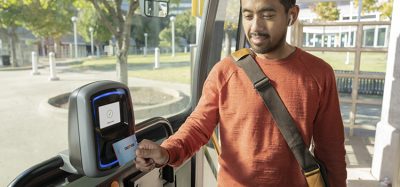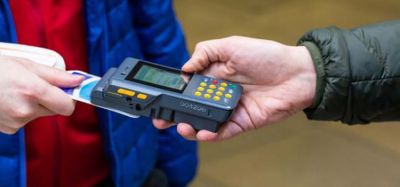Autonomous vehicles operate as temporary bus service at Dutch university
- Like
- Digg
- Del
- Tumblr
- VKontakte
- Buffer
- Love This
- Odnoklassniki
- Meneame
- Blogger
- Amazon
- Yahoo Mail
- Gmail
- AOL
- Newsvine
- HackerNews
- Evernote
- MySpace
- Mail.ru
- Viadeo
- Line
- Comments
- Yummly
- SMS
- Viber
- Telegram
- Subscribe
- Skype
- Facebook Messenger
- Kakao
- LiveJournal
- Yammer
- Edgar
- Fintel
- Mix
- Instapaper
- Copy Link
Posted: 18 November 2016 | Katie Sadler, Digital Content Producer, Intelligent Transport | No comments yet
Two WEpod autonomous vehicles entered passenger operation acting as a weekly bus service at Wageningen University and Research Centre in the Netherlands.
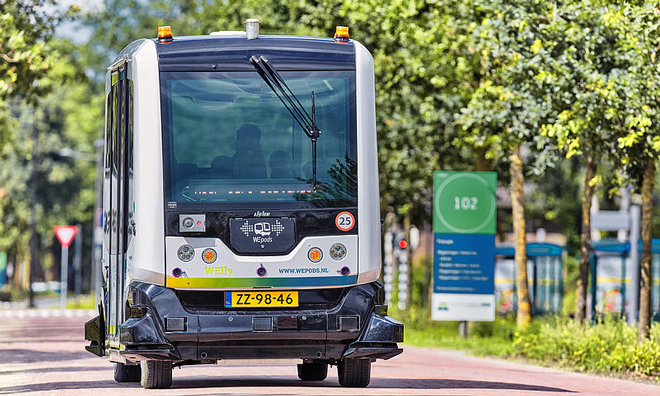

Two WEpod autonomous vehicles entered passenger operation acting as a weekly bus service at Wageningen University and Research Centre in the Netherlands.
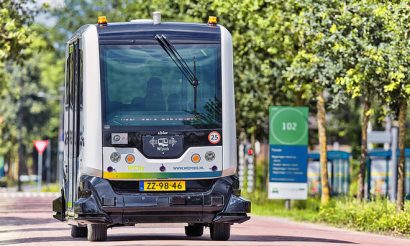

Credit: Deft University of Technology
On 08 November, two self-driving Wepods named WURby and WElly begun operating as a weekly bus service as part of a trial on the campus of Wageningen University and Research Centre.
Every Tuesday until the end of the year passengers can board the bus at 11am until 1pm, operating on a fixed route with 10 stops. The WEpods will not follow an official timetable during the test phase. Each circular route takes around twenty minutes, depending on how often it has to stop. The service is open to everyone, and each WEpod can carry six people including a steward, which is currently a legal requirement.
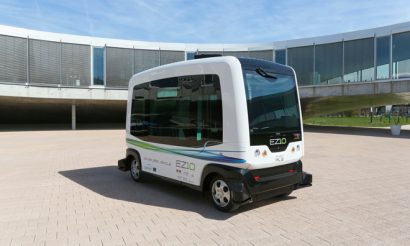

Credit: WEpods
Technology used to develop autonomous vehicles
The technology behind the vehicle has been developed be researchers at Deft University of Technology and Robot Care Systems. A sensor system has been developed which enables the WEpod to travel autonomously. The vehicles contain radars, lidars (a type of radar that uses lasers), GPS and six cameras. Lasers scanners are used to examine the surroundings and create a virtual map, so that the WEpod can recognise the surroundings and accurately determine its position. Furthermore, the self-driving vehicle has been developed to slow down or stop for other road users as necessary.
Related topics
Business Models, Connected & Autonomous Vehicles, Fleet Management & Maintenance, Multimodality, Ticketing & Payments, Transport Governance & Policy
Related cities
The Netherlands






